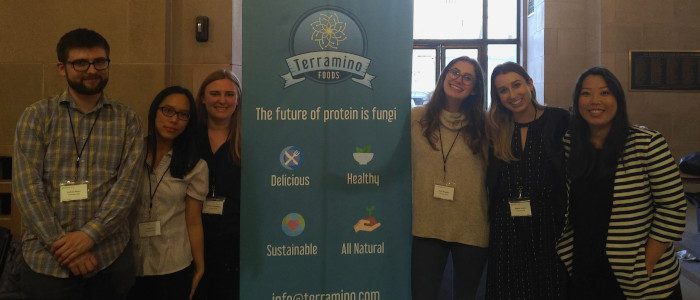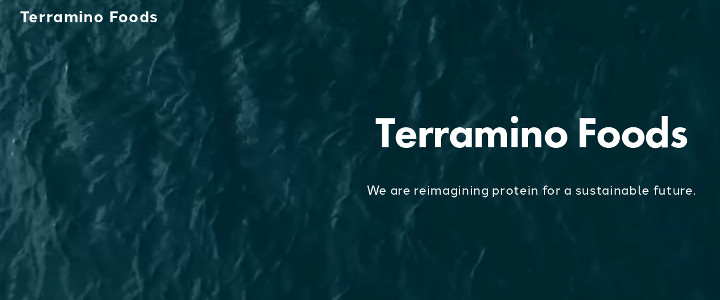Written by Claudia Wong
Fall 2018
My time at Terramino was quite a journey that I am extremely blessed to have gone through. I was able to take a peek at a startup company that was started by UC Berkeley alumni and how their process of starting a company as long as their hiring component took place. When I joined Terramino, their company was still relatively new just as their were moving from a collaborative space with other companies to their own space in San Leandro. I was excited to be there as they were beginning their journey on their own and I was more than willing to help with anything they needed.
Read more


